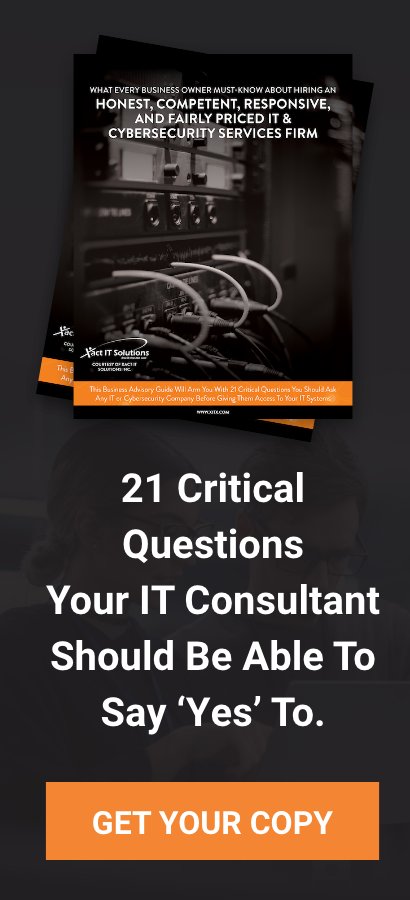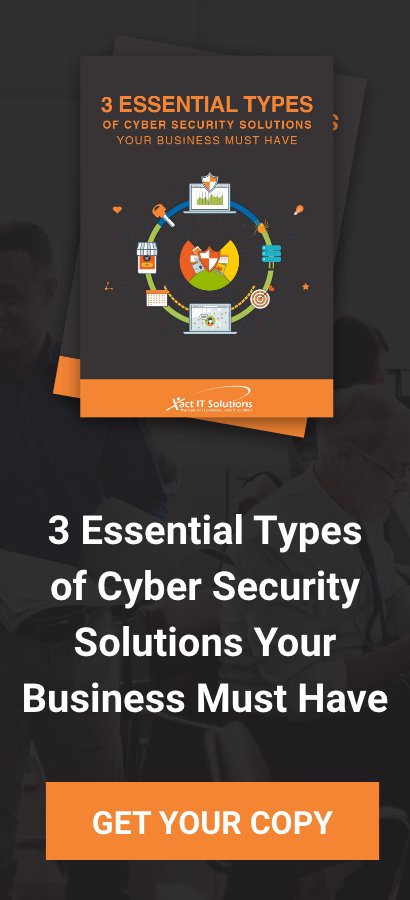Chances are you've heard plenty about the dangers of viruses and malware--malicious programs that can be used to infect your computer, steal information or destroy files. And it's more than likely that you have some sort of virus protection software installed on your computer (if you don't, you really, really should!). But is your virus protection capable of stopping ransomware?
What Is Ransomware?
Ransomware is a particularly nasty piece of code that hackers can use to infect your computer, and then literally hold your files for ransom. Once it has gained access to your computer, files become locked--you will be unable to open or view any of your files, unless you pay the hacker a ransom.
The preferred payment is usually Bitcoin, a type of untraceable Internet currency. Ransomware has been used to attack both personal computers and systems in small businesses, major corporations and hospitals. In most cases, individuals and organizations have had to pay the ransom in order to be able to access their files and data again.
Ransomware isn't a new threat; it has existed for quite some time, but it is not as common as less-malicious computer viruses. But it can be nearly impossible to remove once it infects a computer. And although it doesn't actually erase any data from your computer, you can consider it lost until you pay the ransom, which can be a hefty sum.
Needless to say, you want to avoid being infected by ransomware at all costs.
How to Protect Yourself from Ransomware
- First and foremost, you must have a strong network security plan. Regardless of whether you have installed the latest virus protection software or are utilizing professional network security services, you want to ensure that the protection is up to date. Hackers are always revising their code to take advantage of security holes in older versions of virus protection and network security software. It is recommended that you utilize cloud-based virus protection software. This will ensure that the application can update itself automatically as new versions are released, rather than waiting for you to do it manually.
- You should back up your files and data on a daily basis, using an external system that is not connected to the Internet. If ransomware does manage to infect your computer, your backup files will remain safe.
- Avoid downloading any files that you aren't completely sure are safe. Only click on links in emails from trusted sources, or better yet, don't click on the link at all--type in the web address to the source manually. Accidentally clicking a phony link or downloading an infected file is the easiest way for malware, viruses and ransomware to infect your system.
- Disable sharing if you don't need to use it. Sharing can allow the ransomware to spread from one system or mobile device to others it is shared with.
- Keep system software updated. Hackers may also try to exploit loopholes in older system software and mobile device software. Updates often contain new security measures designed to prevent the latest virus and malware infections.
- Develop a network security plan for your business. Businesses both large and small are attacked by hackers, identity thieves, viruses, malware and ransomware more often than you might think. Many small businesses are particularly vulnerable because they don't have a viable network security plan in place. Speak to network security experts to learn how you can protect your systems and data.


